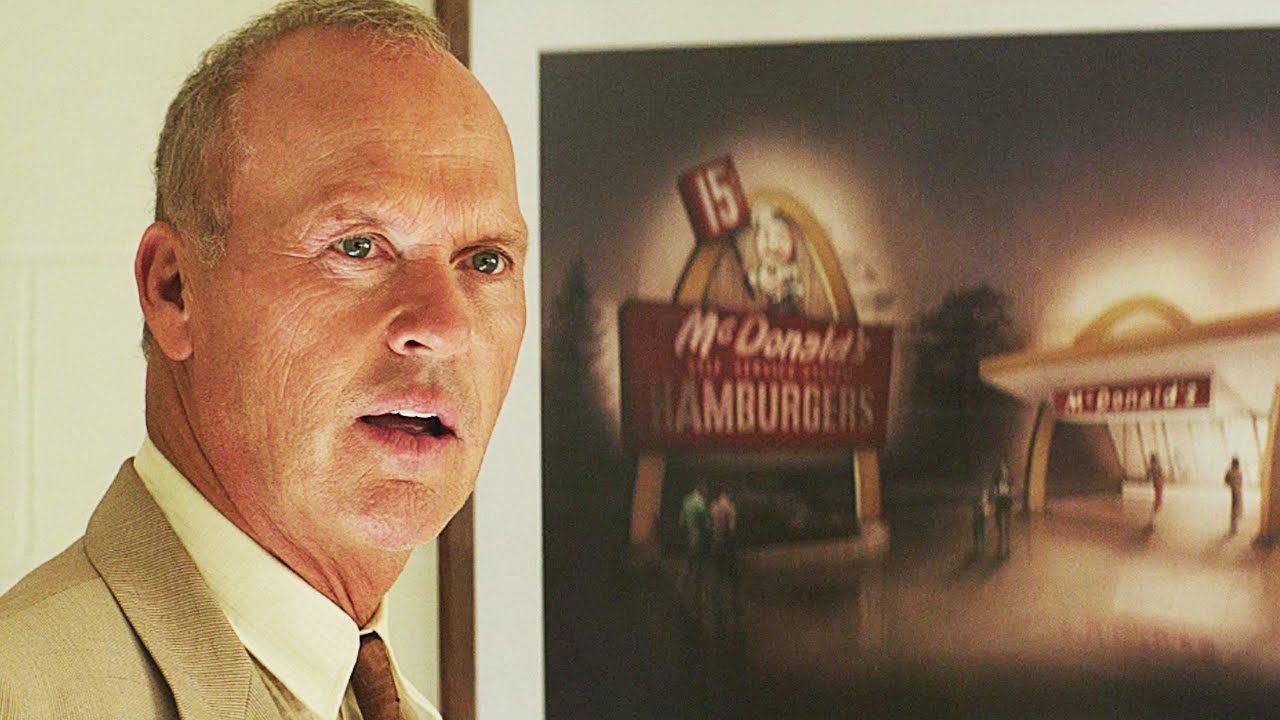
Versatility should be within an actor’s repertoire. Of course, some performers specialize in a select group of roles they take on, not even because they have been type casted. Nonetheless, being able to take on many different forms means you can reach wider audiences, rather than cater to your specific fan bases. You might know x performer from this one film where they were a big meanie, but you’re astonished to find this same person being the savior of the day in another release.
Yes, today we’re looking at the performers that can be both the goodie and the baddie. In this list, the idea of a “hero” will range from the typical character that swoops on, or is at least the protagonist in the story that clearly resembles the voice of reason or the ray of light.
The concept of a villain can be the blatant obstacle within the film, or the textured character that may wish to do good but comes out bad in the end. I’m also trying to avoid actors that have dabbled in one or two roles on either side (Henry Fonda being a bad guy once in Once Upon a Time in the West, or Leonardo DiCaprio being considerably bad in The Wolf of Wall Street and monstrous in Django Unchained).
I will, however, include roles that walk the fine line between “good” and “bad”, because it only showcases these performers abilities even more. Here are ten actors that can play heroes and villains very well.
For some of these performers, television roles will also be considered.
1. Bryan Cranston
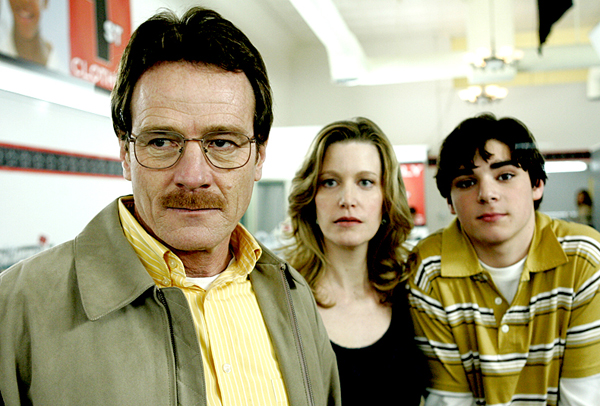
Walter White. That’s all that even needs to be said. We have a struggling family man that falls from grace while he rises in power and means. It’s one of the great cases of character development in the 21st century. How could the goofy dad Hal from Malcolm in the Middle become so damn frightening?
Even before we knew him as the antihero Walter, he even showed signs of evil as the powerful, unaccommodating businessman in Little Miss Sunshine, of whom could have helped Richard Hoover out but shoved him away instead (of course, Richard was one to overstep his boundaries, but Stan could have been a bit more understanding).
Even as Chief in Isle of Dogs, we’re greeted by an authoritative canine hell bent by vengeance, only to see that some nurturing could bring life back into his heart. Cranston knows how to be a stern leader, which can translate into the shout of hate or the boast of perseverance. Either way, Cranston commands each and every scene, no matter which side he is playing for.
2. Cate Blanchett
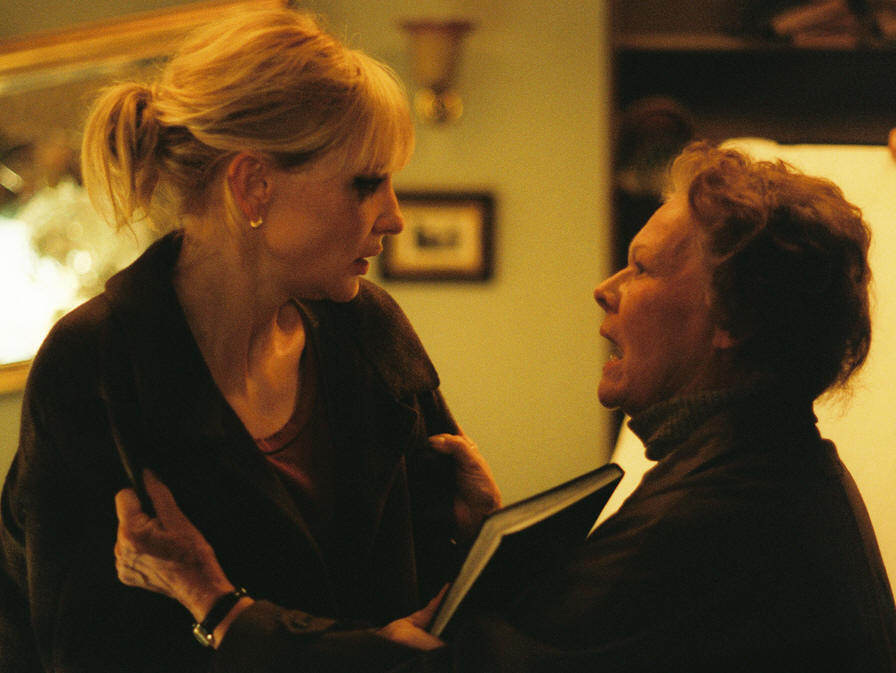
Most of us might be more familiar with Cate Blanchett as a hero, or even a sign of hope. For crying out loud, Galadriel is the voice that puts the entire The Lord of the Rings series into perspective. She also is the major reason why most of the main characters are able to get back onto their own two feet. She also loves to hop between good-and-bad in her many super complex roles.
Blue Jasmine means to do well, but she is so driven by luxury, she cannot help but be shallow. Carol is having conflictions in her personal life, but she leads Therese on heavily. Blanchett is deceptively great at being villainous, though. Her role as a teacher in Notes on a Scandal can mostly be described as “predatory”.
You also have her roles in Hannah and Thor: Ragnarok, where she reigns supreme as the final say. Blanchett knows how to dictate every scenario she is in, and perhaps her ability to shift into any role proves that she can control every film. No wonder why she was perfect as Katherine Hepburn in The Aviator, as well as being the anchor points for all of these works, whether she means to do good or bad.
3. Charlize Theron
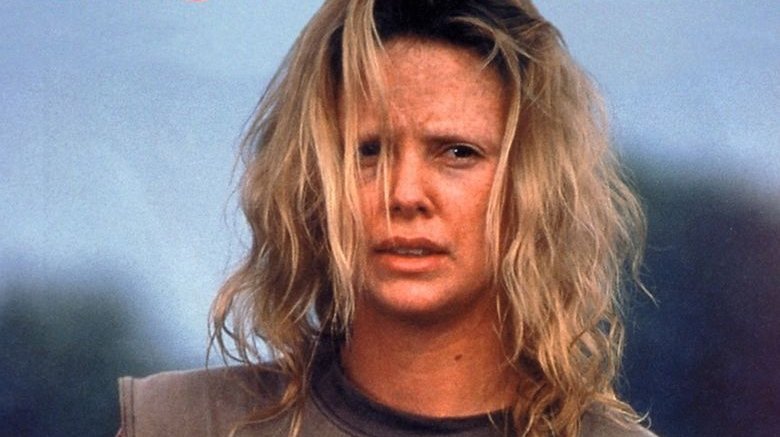
Right off the bat, we can look at two of Charlize Theron’s best roles and see drastically different intentions in both. As Aileen Wuornos in Monster, Theron’s performance shows an intention to make everything right in a troubling scenario through disastrous and monstrous means. As Furiosa in Mad Max: Fury Road, she is a radical that will stop at nothing to bring freedom to the slaves of her world.
Some of her heroes are more blatant, including the abused Josey in North Country that fights for the right for women to be treated properly within their workplaces. There are also her kickass roles in Aeon Flux and Atomic Blonde, which had people vying for her to be the first female Bond.
She has also played more obvious villains: do I need to go past mentioning Snow White’s evil stepmother in the Huntsman films? I do? Well, there’s always Cipher in The Fate of the Furious. I think the pattern here is that Theron is comfortable playing specific archetypal characters in mainstream works, and more than happy to play nuanced roles whenever she feels like it. Either way, every scene is hers.
4. Glenn Close
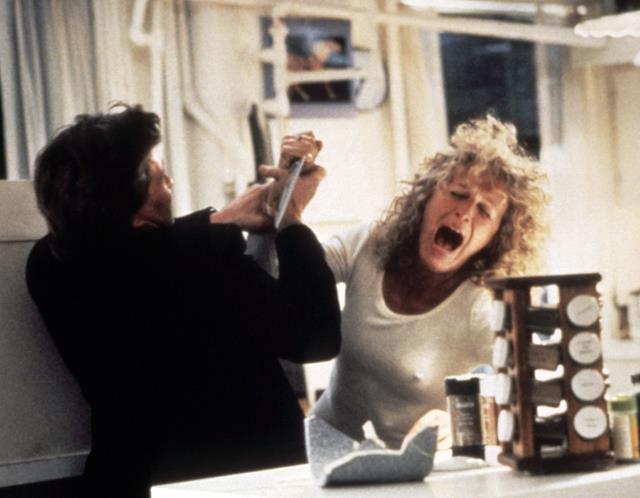
Glenn Close has to be one of the finest actors to not have an Academy Award (that might change with this year’s The Wife, but we still have to see). Otherwise, where do you even start with her? Perhaps with the first role I ever saw of hers. I was a child when I knew her as Cruella De Vil in the live action 101 Dalmations films; little did I know that she would be much more terrifying as Alex Forrest in a tame, safe film you might know called Fatal Attraction.
Jokes aside, Close can be frightening whenever she wishes; watch the show Damages and tell me the entire series is not hers. Close can also be heartwarming when needed. Don’t believe me? Allow her titular role as Albert Nobbs to win you (and a subpar film).
You also have her recently acclaimed work in The Wife that features an impressionable take on not knowing if our current state of life is as it should be. These last two examples prove that Close knows how to connect to the inner cores of what makes us human, whereas her evil roles are untouchable. That might be the key; Close’s heroes are one of us, and her villains are from another realm.
5. Michael Keaton
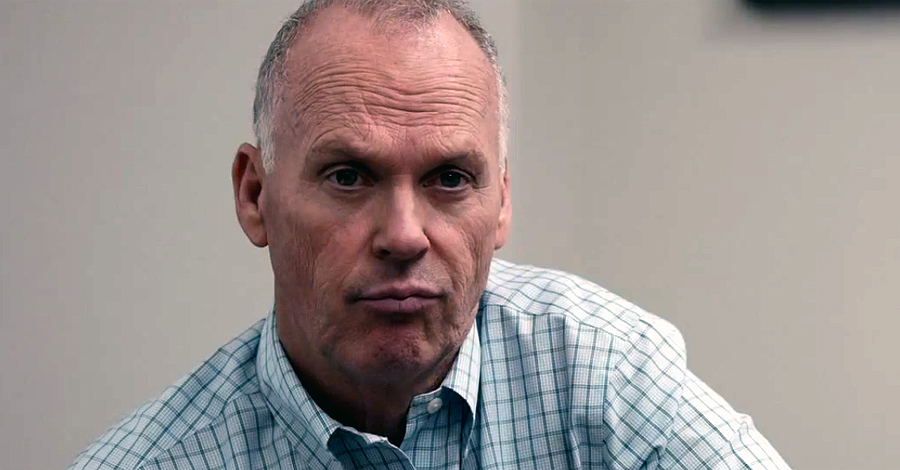
Batman is a hero. We all know this. Luckily, Michael Keaton has recently been freed from being “that dude that was Batman”, even though he did many other noteworthy roles that should at least be taken into consideration. Of course, there’s Beetlejuice, but he also left an impression on us after films like Night Shift, Jackie Brown, and more. We were so used to seeing Keaton being in comedies, maybe that’s why his superhero turn was so notable.
Now, in a world post Birdman (where Keaton’s character is a hero in his eyes but perhaps a villain in the eyes of his family), we’re used to seeing a lot more out of Keaton, and it’s glorious. He also plays a multilayered hero in Spotlight, as he is conflicted between trying to do the right thing, and trying to not put the titular paper’s legacy on the line.
As McDonalds legend Ray Kroc, we see a much darker turn in The Founder, where we all root for him until greed has taken over his moral compass. He returned to comic book films, this time as the villainous Vulture in Spiderman: Homecoming. Keaton was previously very one-or-the-other, but this new career path of his is excitingly varied, and I cannot wait to see which many directions he goes.